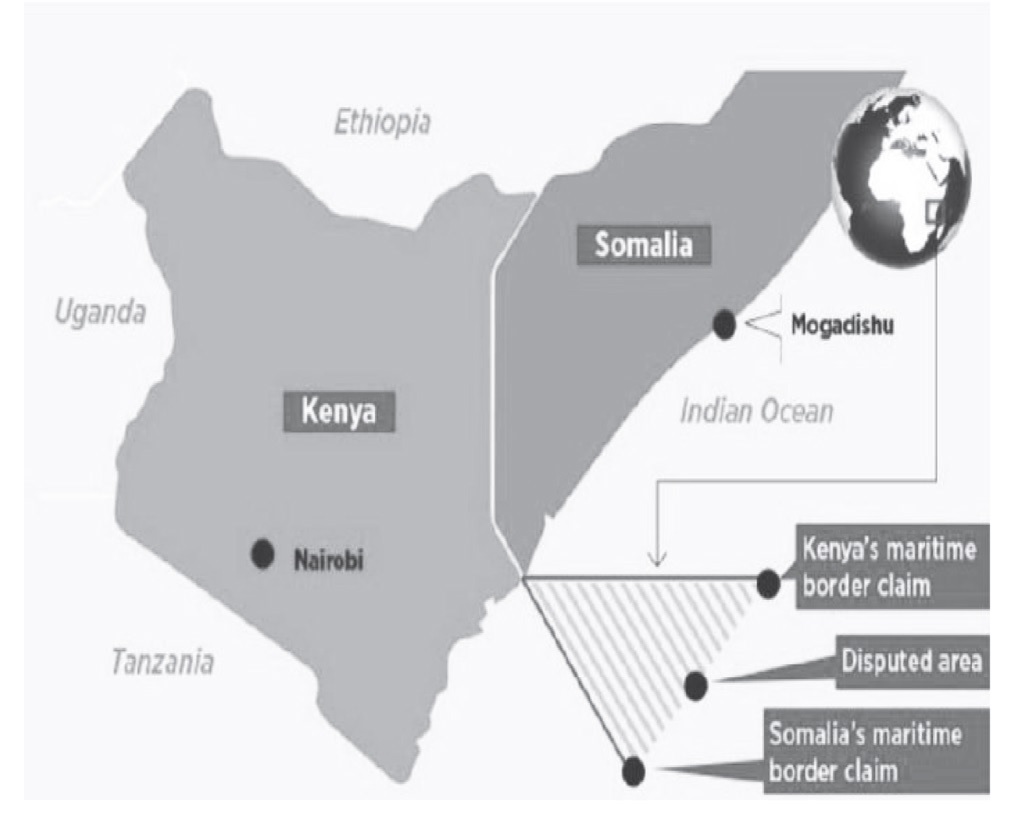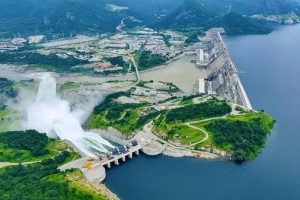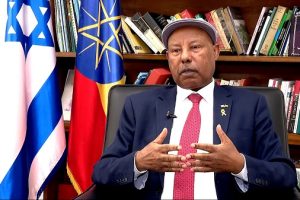
To ensure Somalia is fully prepared for ‘one-person-one-vote’ universal elections in 2020/2021, the African Union Mission in Somalia (AMISOM) has organized a four-day workshop on electoral security and dispute resolution for senior government officials involved in election planning and management.
The workshop, being held in the Ugandan capital, Kampala, is aimed at developing a common strategy on how to organize and manage the country’s next elections to ensure they are peaceful, credible and inclusive.
Uganda’s Electoral Commission Chairman, Justice Simon Byabakama, who opened the workshop, yesterday, emphasized the importance of security in holding successful elections that were peaceful and credible.
Justice Byabakama said the electorates must be secured to enable them to exercise their right to vote.
“The entire process of organizing and conducting elections is a multi-stakeholder responsibility requiring that each one renders total support and cooperation to all the efforts in place to realize the desired goal,” he observed.
Somalia plans to hold the next elections through universal adult suffrage, unlike the previous ones, which were based on the clan system. AMISOM is currently helping Somalia develop capacity by training and providing technical support to the National Independent Electoral Commission of Somalia (NIEC) and other critical government agencies in election planning and management.
Justice Byabakama commended Somalia for its proactive approach in strategizing for the next elections and urged those involved to continue working together to overcome challenges associated with the complex exercise.
The NIEC chairperson, Halima Ismail Ibrahim, echoed the sentiments, saying security will be a major factor in Somalia’s quest to achieve universal adult suffrage in the next elections.
Ms. Ibrahim observed that the electoral commission was currently verifying voter registration centers, adding that the country’s security forces will have a major role to play in securing the voting points.
“We are undertaking the verification of voter registration centers and we want our security officials to sit together and see whether the areas are safe. They have to give us direction because without security it will be difficult for elections to take place,” she noted.
In his welcoming remarks, the head of the African Union Commission Department of Political Affairs, Guy Cyrille Tapoko, reassured Somalia’s electoral commission of the African Union’s continued support as the country prepares for the 2020/2021 elections.
“The success of Somalia will be the success of Africa and will ultimately contribute to our continental aspiration of achieving Agenda 2063: The Africa We Want,” said Mr. Tapoko.
Agenda 2063 is a blueprint and master plan for transforming the continent into a future global powerhouse to realize inclusive and sustainable development.
AMISOM Senior Political Officer, Hajji Sebirumbi, said the workshop is part of the African Union’s capacity building and technical support to the Federal Government of Somalia (FGS) to help it achieve universal adult suffrage in 2020/2021, in accordance with the African Charter on Democracy, Elections, and Governance.
Mr. Sebirumbi said the AU Peace and Security Council and the UN Security Council mandated AMISOM to work with the FGS and the United Nations to help Somalia achieve peaceful, free and fair elections.
During the four days, participants will discuss security and operational challenges that might impede the holding of peaceful, free and fair elections in 2020/21. In addition, the participants will be taken through different electoral systems in Africa and how they resolve disputes.
This is the fourth workshop that the African Union is supporting in the build-up towards achieving universal adult suffrage, which will be the first elections of this kind since 1969.
UN Secretary General António Guterres is said to have informally mentioned the raging dispute to the 15-member UNSC as a possible threat to peace and stability in the region.
“Two weeks ago, the issue (maritime border dispute), was signaled by UN Secretary General to the Security Council as a potential threat to peace and regional security,” Foreign Affairs Cabinet Secretary Monica Juma said. Kenya argues should Somalia have its way, the issue will have ramifications across the continent, as this will prompt countries to the south also to negotiate their own borders.
This, Nairobi says, will affect Kenya against Tanzania, Tanzania against Mozambique and Mozambique against South Africa if the horizontal rule were to apply. Kenya fears should it cede ground or lose the case, it will lose 26 per cent of its Exclusive Economic Zone (EEZ) which is about 51,105 square kilometres and also 85 per cent or 95,320 square kilometers of the continental shelf beyond the 200 nautical miles EEZ and also access to international waters.
“Kenya’s position on this matter of serious diplomatic interest and security concerns is unequivocal. Kenya will never cede and inch of her territory. Kenya understands her historical boundaries and believes Somalia understands that too,” Dr. Juma says.
The UN was informed of the situation following escalating poor relations between Nairobi and Mogadishu sparked by Somali’s decision to offer for auction oil blocks within Kenya’s territory. Following the auction on February 7, during Somali Oil and Gas Conference in London, Kenya protested to the Federal Government of Somalia terming the move provocative act of aggression by a ‘thankless’ neighbour.
Nairobi also acted immediately by recalling its ambassador in Somalia Lieutenant-General (Rtd) Lucas Tumbo on February 16 while ordering Somalia’s envoy out of Nairobi in protest. In 2014, Somalia sued Kenya at the International Court of Justice asking for a proper determination of the sea border between the two countries.
The ruling is expected in September this year. However, Kenya has not only rejected the jurisdiction of the ICJ, but also expressed fears the ruling may be influenced given the President of ICJ, Abdulqawi Ahmed Yusuf, is a Somali national. “Kenya rejected the jurisdiction of the court and admissibility of the case on grounds parties had a MoU of 2009 agreeing on how to negotiate the dispute.
However, the ICJ disregarded this argument and ruled the matter was within its jurisdiction and the case was admissible,” a note from Kenya’s Ministry of Foreign Affairs states. It adds; “Geopolitics of the composition of the court plays a key role in decisions of the ICJ, as they generally impact on how the judges vote in cases.
Notably the President ICJ is Abdulqawi Ahmed Yusuf of Somali.”Although Kenya had demanded that Somalia withdraws the maps offered during the London auction, Mogadishu is said to have been reluctant in spite of assurances on the same.
On April 3, Somalia’s foreign minister Ahmed Isse Awad met Juma and discussed the issue. However, Mogadishu is yet to return the minutes of the meeting to Nairobi after they were sent for confirmation and signing. Source: Standard Kenya
The Ethiopian Herald June 23/2019




